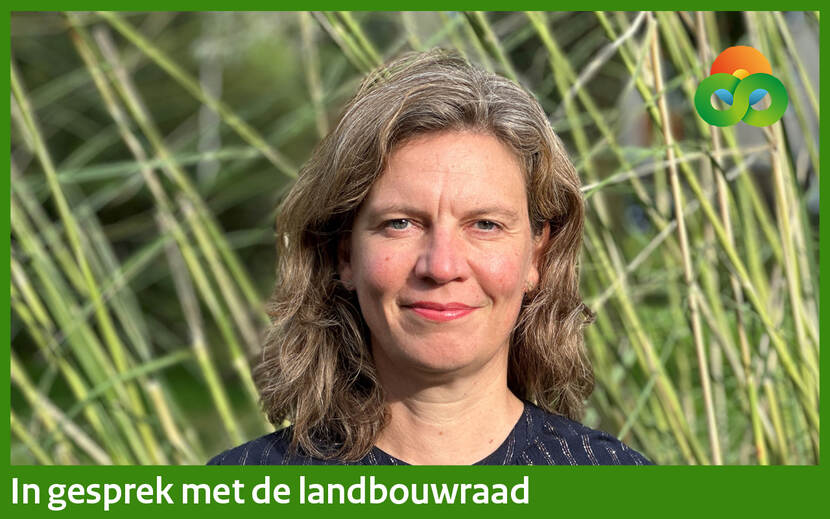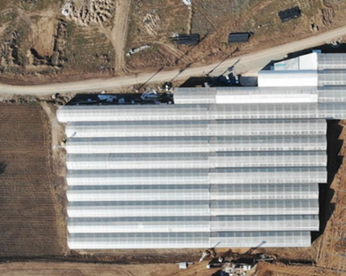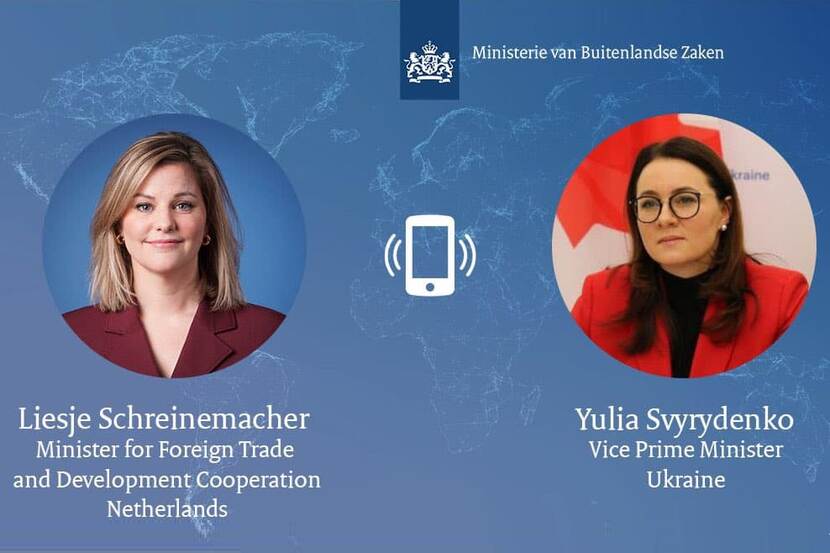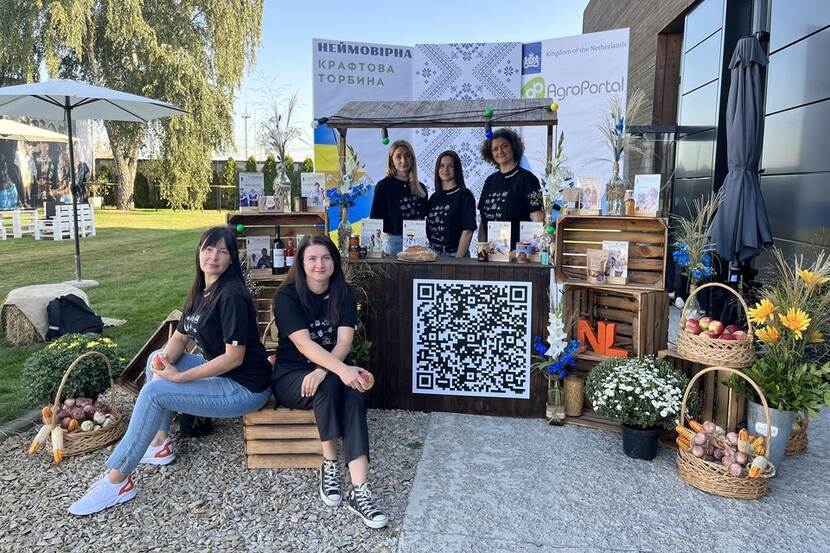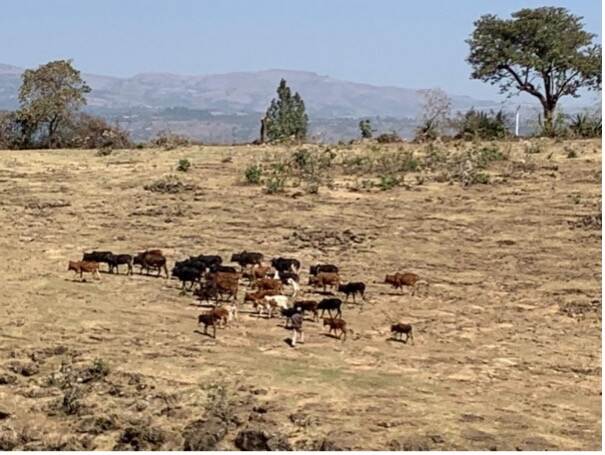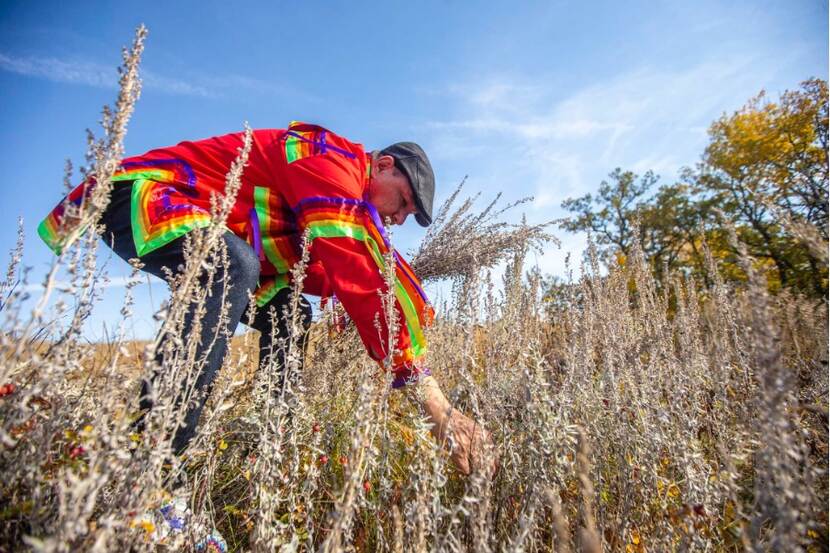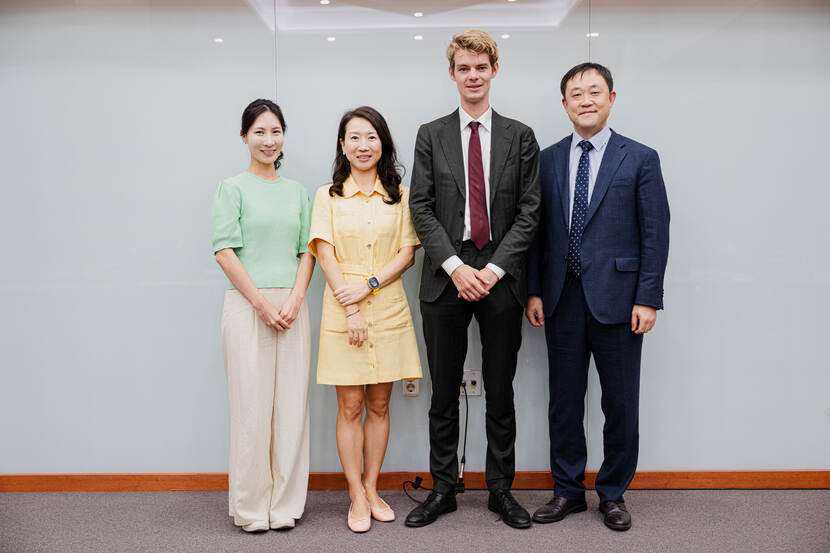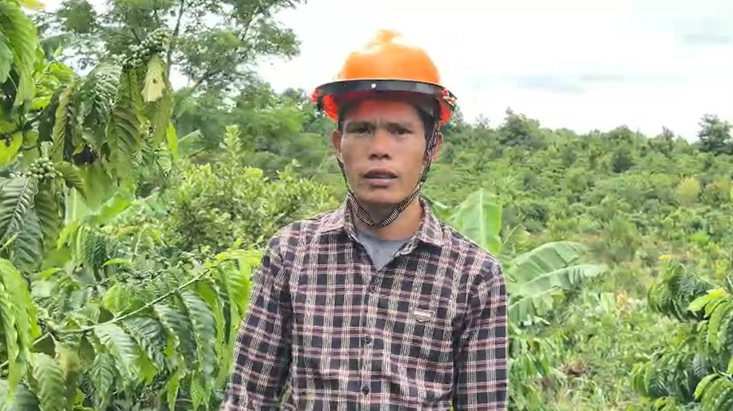Interview met terugblik landbouwraad: kansen voor Nederlandse bedrijven in Algerije en Tunesië
De afgelopen vier jaar was Sabrina Waltmans landbouwraad op de Nederlandse ambassade in Algiers. Haar werkgebied: Algerije en Tunesië. Inmiddels is ze terug in Nederland maar ze kijkt met veel voldoening op haar tijd als landbouwraad terug. ‘Klimaatverandering en waterschaarste spelen in beide landen een grote rol,’ vertelt ze. ‘Zo zijn stuwmeren soms nog maar voor 10% vol. Waterslimme oplossingen zijn hard nodig.’
